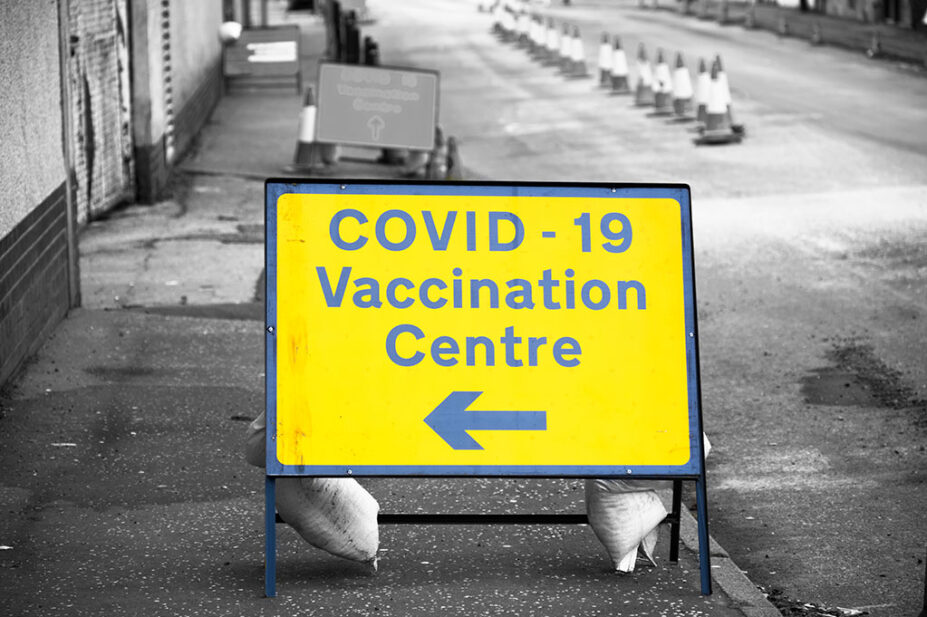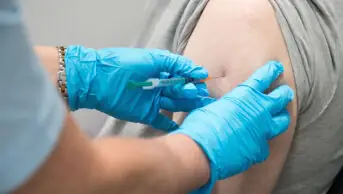
Baroness Heather Hallett, chair of the UK COVID-19 Inquiry, has thanked pharmacists for their “superb work” during the coronavirus pandemic.
Her remarks follow verbal evidence given by Nick Kaye, chair of the National Pharmacy Association (NPA), to the inquiry on 4 November 2024.
The inquiry began in June 2023 and is currently holding public hearings on the impact of the pandemic on the UK’s healthcare systems.
Speaking about pharmacists, Lady Hallett added that she was “sorry you didn’t get the recognition at the time that you should have done”.
During his evidence, Kaye was asked about burnout among pharmacists during the pandemic and he cited “uncertainty in how you’re going to get the [personal protective equipment] you need, how you’re going to get the medicines you need, how you’re going to pay your team”, as reasons for the difficulties that pharmacists experienced.
Asked what the NPA would like the inquiry to consider to help pharmacies in any future pandemic, Kaye said: “I think a sustainable and resilient community pharmacy network.
“As I sit here today, seven pharmacies a week are closing across the four nations, and that is tragic for any future response.”
He also asked the inquiry to “really reframe community pharmacy, pharmacists and their teams, as a genuine part of the NHS family and a key part of delivery in healthcare, which we absolutely are”.
In September 2024, a statement presented to the inquiry on behalf of the Royal Pharmaceutical Society (RPS) asked it to consider the resilience of pharmacy in the event of a future pandemic.
The statement noted that pharmacists had experienced pressure from workforce shortages and said: “Despite [its] crucial role providing care throughout the pandemic, the pharmacy profession — and particularly community pharmacy — was often an afterthought in government planning, guidance and communications.”
In September 2023, previous written evidence from the RPS told the inquiry that pharmacists had been subject to “double standards” compared to workers employed directly by the NHS, including the lack of explicit mention of pharmacists in the initial government list defining key workers.


